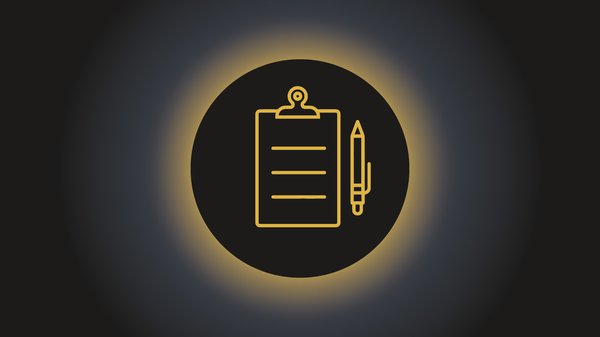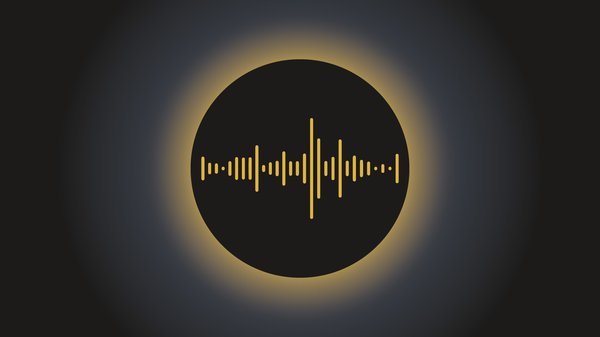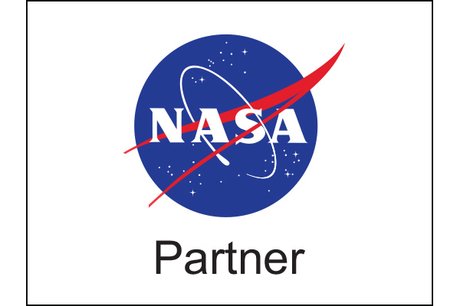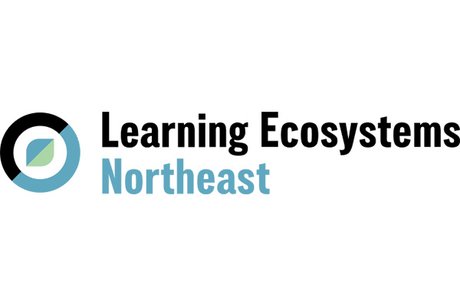In the Path of Totality: Eclipse 2024!
Celebrating the wonder and science of the 2024 total solar eclipse.
The afternoon of April 8, 2024, at the northern edge of GMRI’s Learning Ecosystems Northeast territory, for just a few minutes the skies darkened as though it were dusk or dawn, the temperature dropped, and nighttime creatures became alert. For the first time since 1963, and not again until 2079, the northeast was in the path of totality of a solar eclipse and the GMRI/LENE team is excited to help educators, youth, and communities celebrate — whether you were on or off the path of totality. By providing an array of resources and learning experiences for use (before, during, and after the eclipse) in classrooms, libraries, and out-of-school programs, we will highlight the unique science of solar eclipses alongside their beauty and wonder. Photo credit (left): Mantarays Ningaloo, Australia/MIT-NASA Eclipse Expedition
Project Goals:
- Champion engagement with this once-in-a-lifetime event by highlighting both the unique science and the wonder of solar eclipses.
- Provide resources and professional development that support flexible implementation across a variety of learning contexts and scenarios.
- Focus learning experiences on the time before and after the eclipse, leaving the day of the event open for sheer enjoyment.
- Demonstrate the role of community science in documenting phenomena and contributing to the scientific efforts.
- Share and emphasize critical equipment and procedures to keep everyone safe during the eclipse.
Submit Eclipse Nature Notes
We want to hear about your observations and experiences from the April 8th total solar eclipse. We've developed Eclipse Nature Notes to support learners in writing about their observations during the solar eclipse. A Nature Note is a detailed description of an interesting or noteworthy observation from the field. Nature Notes are short, specific to a time and place, and grounded in background information. Submit your nature notes here!
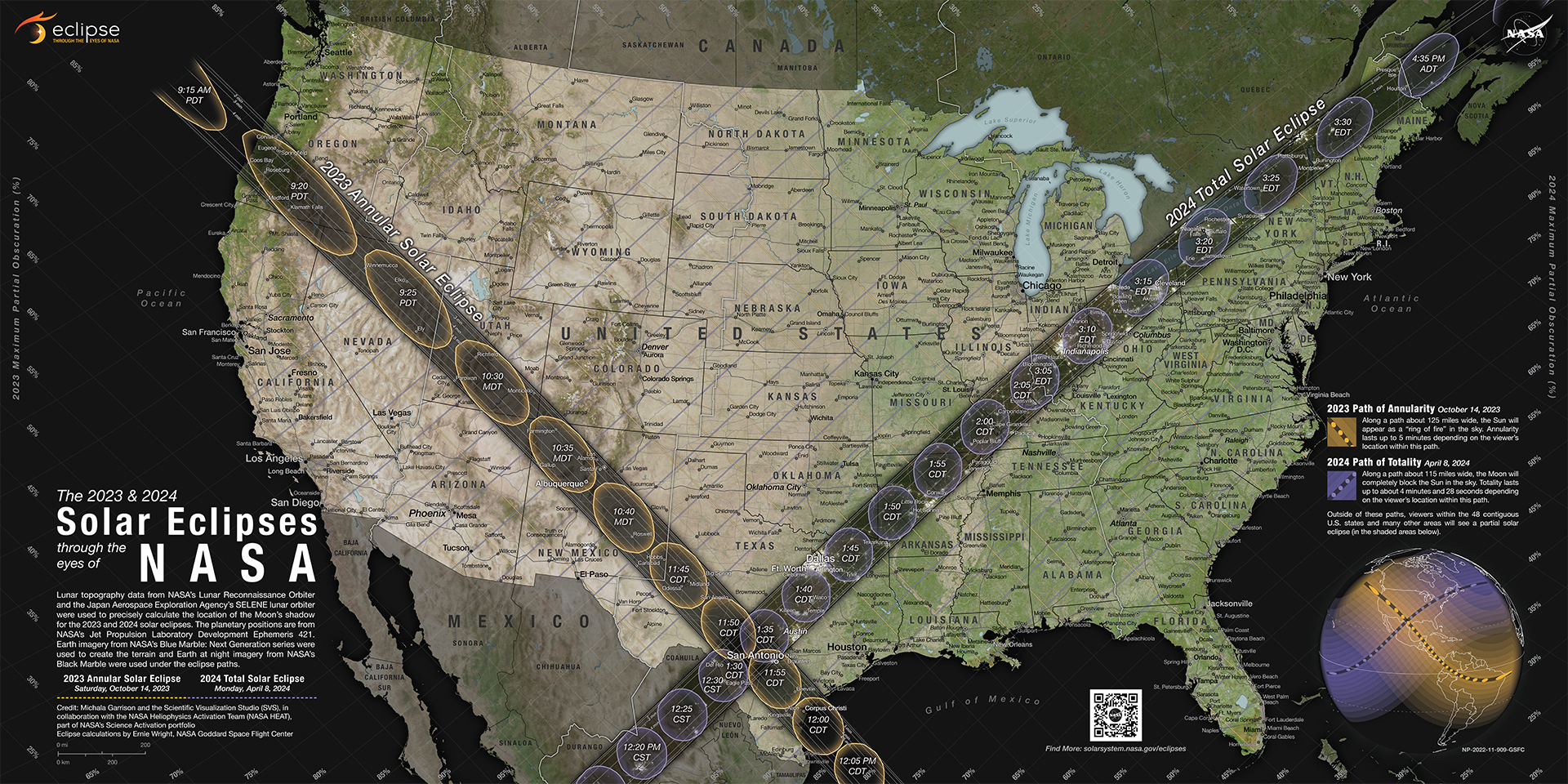
A total solar eclipse darkened a swath of North America as the Moon blocked the light of the Sun for a few minutes on April 8, 2024. The Moon’s shadow raced across the Earth at 1950 kph, with an umbral path 275 km wide. In addition to casting a breathtaking, passing shadow over the heads of millions of people, this total solar eclipse gave scientists a unique opportunity to study the Sun, Earth, and their interactions.
As a NASA partner, GMRI and Learning Ecosystems Northeast are excited to join the effort to make sure educators and youth both on and off the path of totality have the chance to engage with this exciting event.
The Learning Ecosystems Northeast team has curated a collection of resources that reinforce our commitment to connecting in- and out-of-school learning. Activities suitable for classrooms, libraries, after-school programs, camps and 4-H programs, and numerous other settings will allow communities to engage youth in learning about and modeling eclipses. Community science investigations support understanding the changes during an eclipse as temperatures drop and environmental sounds change. We have attended particularly to non-visual ways to experience an eclipse, given the possibility of cloud cover or precipitation in the path of totality. We have deliberately chosen learning experiences that can be done before and after the day of the eclipse, leaving that day completely open for sheer enjoyment wherever educators and youth find themselves.
Share Your Eclipse Experience
Anyone who experienced the 2024 total solar eclipse will have something to say about it. We want to enable these stories to add to our existing knowledge and to be grounded in background information. We also want to showcase these observations to create a lasting impact for others to see. We will add any submitted Eclipse Nature Notes to our eclipse 2024 map.



Contribute your story
We would love to include your solar eclipse experience on our eclipse map so that other people can see your perspective from April 8th. You can submit a video interview, a story of your experience, an audio recording, an image with description, artwork, a poem — or anything else!
Educator Information
- Eclipse Science through Data. Use this new data activity to engage your learners on solar eclipse occurrences over time. The activity encourages your students to notice patterns in eclipses over the course of thousands of years.
- Watch a recording of the Eclipse Q & A session we held on March 5, 2024.
- Watch a recording of our Eclipse Nature Notes training webinar.
You can find the path of totality and GMRI partners on our map.
-
After the Eclipse
Write and submit — after the eclipse take time to write down and submit your observations in an Eclipse Nature Note, and make sure to submit your community science data to be analyzed by the project team.
-
![this is a graphic of a solar eclipse with a clipboard and pencil icon inside.]() Eclipse Nature Note
Eclipse Nature Note
-
![This is a graphic of a solar eclipse with sound wave icons inside.]() Eclipse Soundscapes
Eclipse Soundscapes
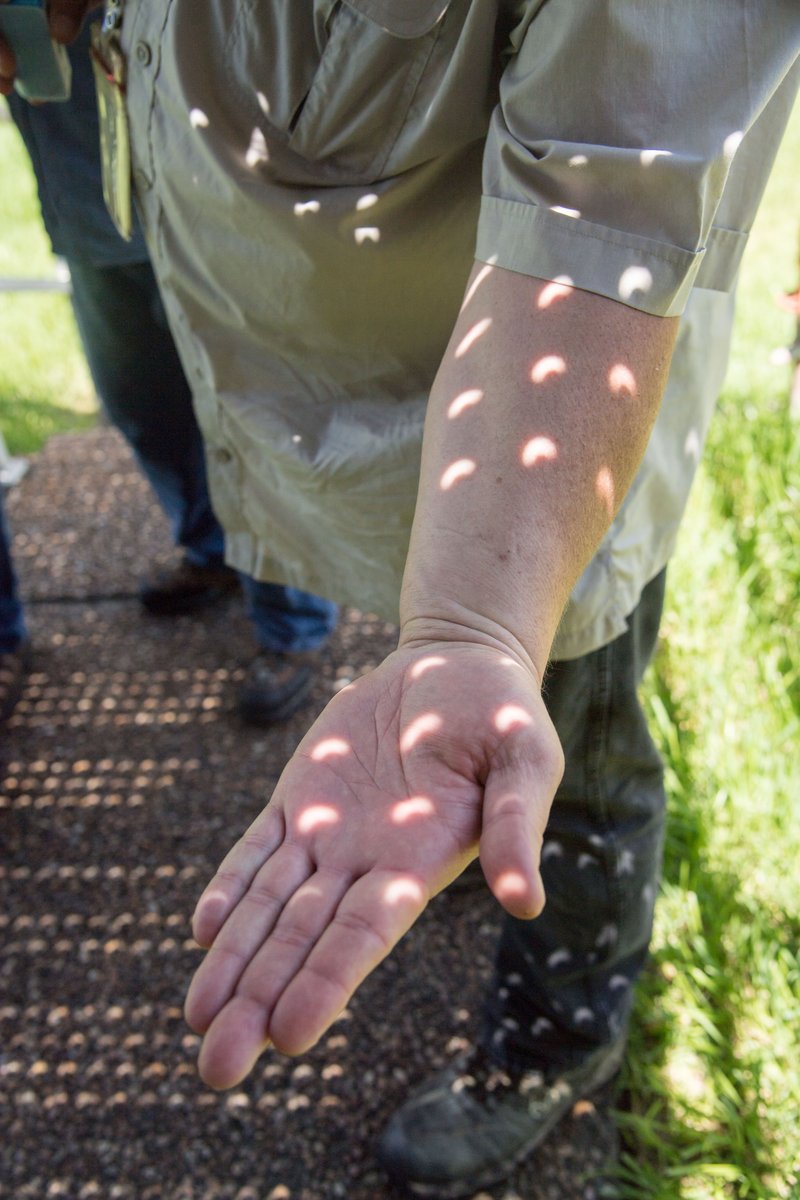
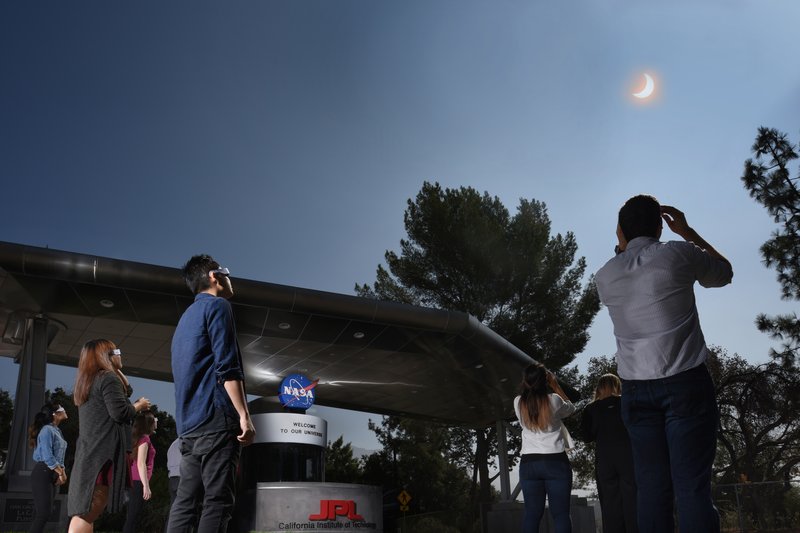

Learn from an eclipse expert!
Eclipse 2024 Team
Read Next
-
![Sea State Recap: Climate Resilience Potential in the Gulf of Maine]()
Sea State Recap: Climate Resilience Potential in the Gulf of Maine
Here's a recap of the Sea State seminar, Climate Resilience Potential in the Gulf of Maine, in case you missed it. This seminar took place …
Perspectives
-
![Your Favorite Stories from 2024]()
Your Favorite Stories from 2024
Take a look back at some of our most-read stories in 2024.
Perspectives
-
![2024 Research Progress Update]()
2024 Research Progress Update
Each year, to keep you updated on our research team's progress, we develop an update showcasing some of our lab's achievements. More broadly, this update …
Reports
-
![Coastal Storms 101]()
Coastal Storms 101
Learn about the forces behind coastal storms, their unique impacts on the Gulf of Maine, and how communities are working to adapt.
Perspectives
